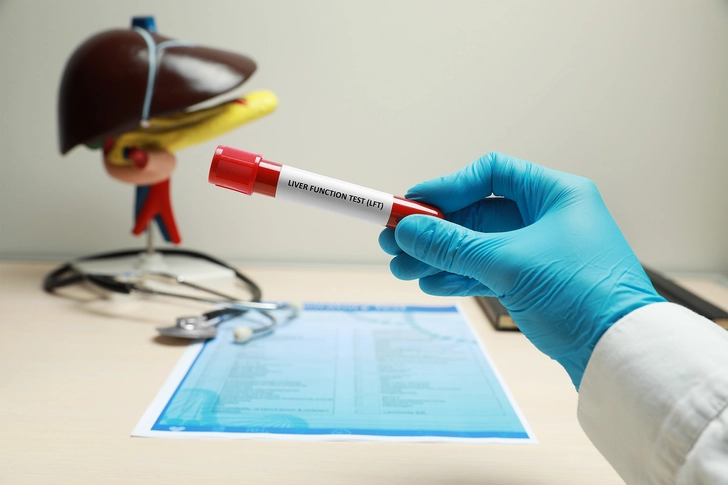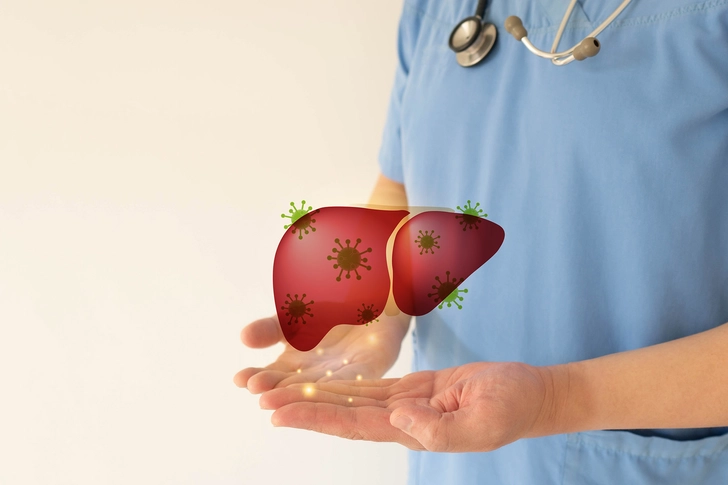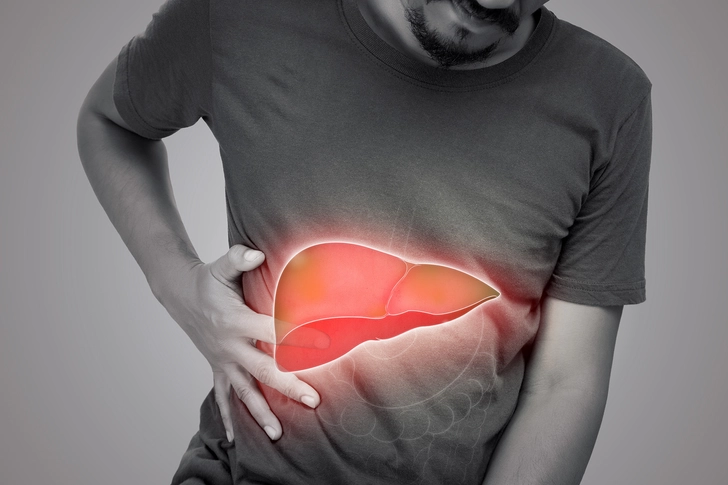- Overview
- Symptoms
- Causes & Risks
- Tests & Diagnosis
- Treatment
- Living With
- Complications
- Support & Resources
- Appointment Prep
- View Full Guide
Understanding Crohn's


Understanding Crohn's Disease and Liver Health
Crohn's disease is a chronic condition in your digestive tract. Most often it causes symptoms like fever, abdominal pain, diarrhea, and weight loss. People with Crohn's may also be at higher risk for liver problems.

Risk for Liver Problems
Liver problems can happen at any stage of your illness. Doctors aren't sure how the two diseases relate to each other. But if you have Crohn's, it's important to get checked regularly to see how your liver is working.

Symptoms of Liver Problems
Often people with Crohn's disease who also have liver damage may not be aware of any additional symptoms. Usually, only sign of a liver problem is found in routine blood tests.

Fatty Liver Disease
Fatty liver disease is the most common liver complication in people with Crohn's. Your doctor may recommend weight loss and better control of your blood cholesterol levels to help your body get rid of the extra fat in your liver.

Drug-Induced Liver Injury
Some medications used to treat Crohn's disease can cause liver damage. That's why it's important that your doctor tests for liver inflammation and damage.

Hepatitis and Crohn's
Hepatitis is inflammation of the liver. While it's usually caused by a viral infection, there is a condition called autoimmune hepatitis that can happen with Crohn's. It can lead to permanent liver damage if it's not treated.

How Liver Damage Is Diagnosed
If routine blood tests show problems with your liver, your doctor may do additional tests to find out if the problems are related to your Crohn's disease. Knowing the cause can help guide your treatment.

Potential Complications
Liver damage often can be reversed, but about 5% of people with Crohn's develop serious liver disease. Regular testing can catch liver problems early – before you have symptoms – and when they are easier to treat.
Photo Credits:
1) Emily frost/Shutterstock
2) Pixel-Shot/Shutterstock
3) New Africa/Shutterstock
4) Halfpoint/Shutterstock
5) NMK-Studio/Shutterstock
6) Orawan Pattarawimonchai/Shutterstock
7) Arif biswas/Shutterstock
8) Emily frost/Shutterstock
National Center for Biotechnology Information: “Hepatic manifestations of inflammatory bowel diseases.”
Crohn’s & Colitis Foundation: “Fact Sheet: Liver Complications.”
National Center for Biotechnology Information: “Hepatobiliary complications of inflammatory bowel disease.”
Cleveland Clinic: “Studies Reveal Heightened Liver Disease Rates in IBD Patients.”
CDC: “IBD and Chronic Diseases.”
UpToDate: “Crohn Disease Beyond the Basics.”